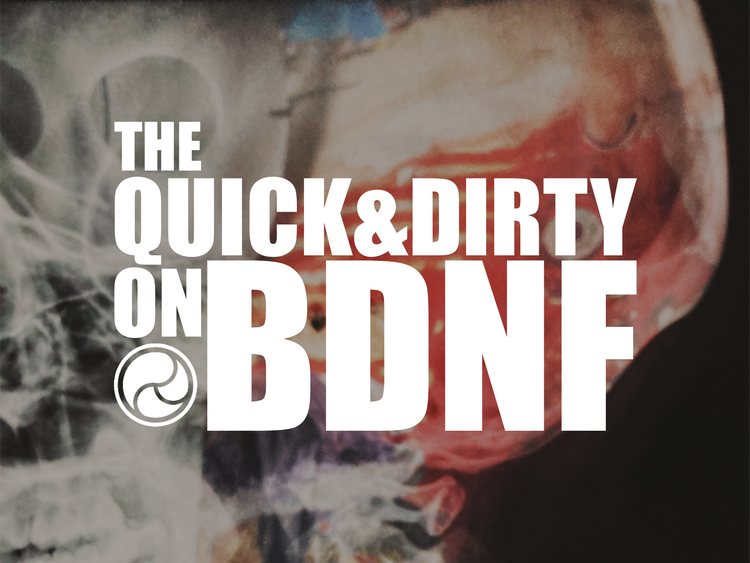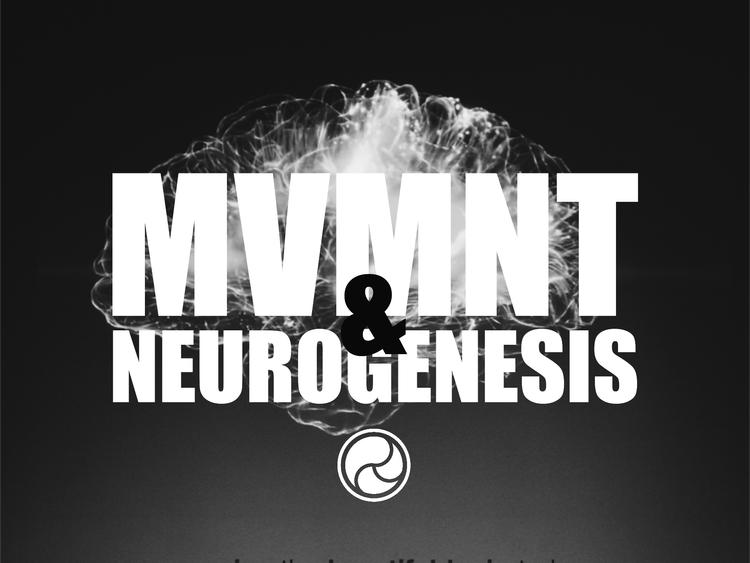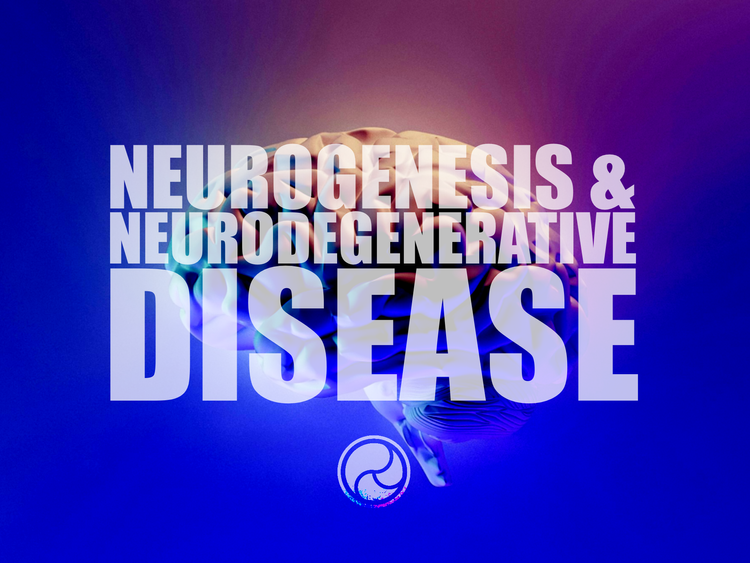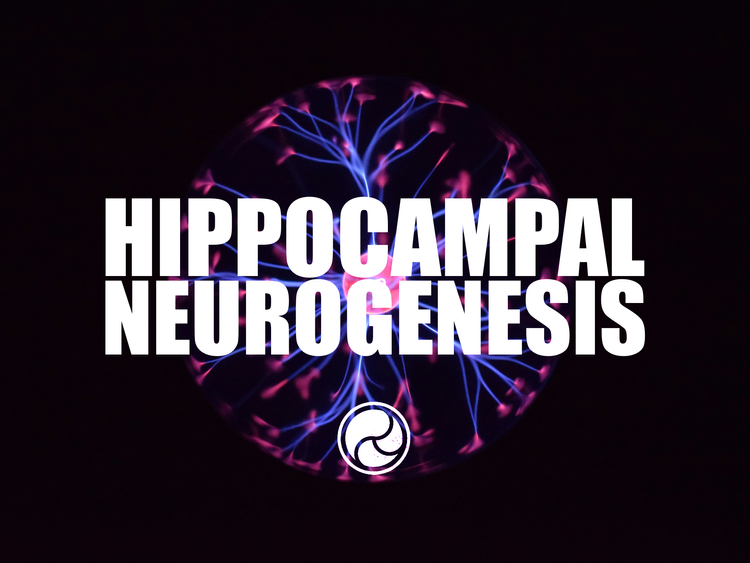MVMNT is Preventative Medicine
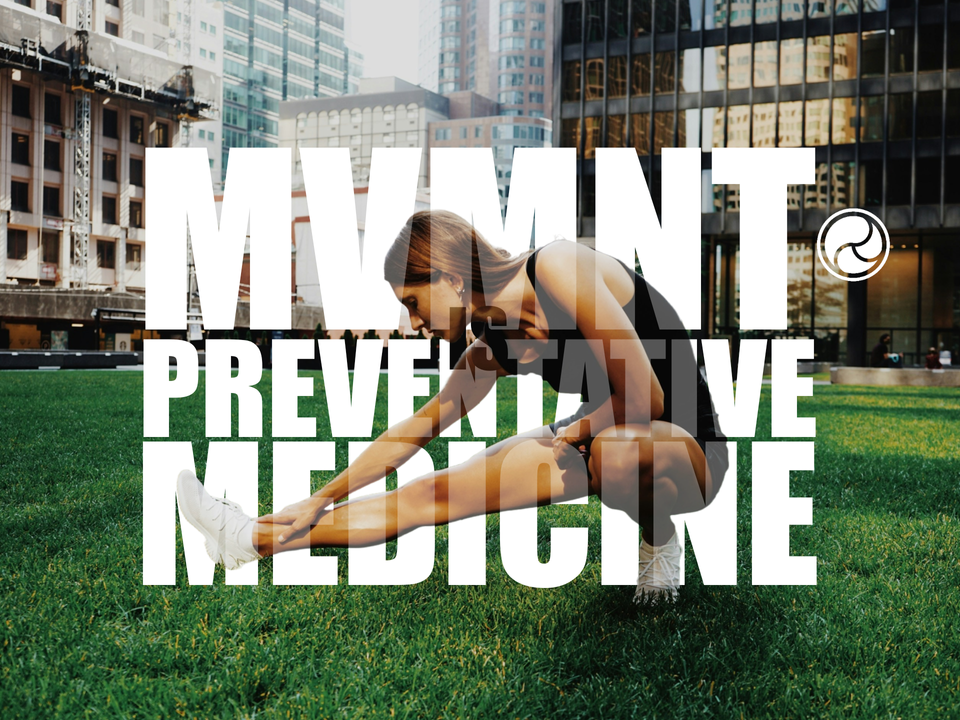
This is a bonus article to augment the MVMNT & Neurogenesis series, and a teaser for free subscribers. Neurogenesis is a powerful psychophysiological mechanism serving to keep your learning and memory faculties in good working order. Hippocampal Neurogenesis dives into the details; of immediate import is understanding your brain produces new neurons daily. Age-related and neurodegenerative factors can hamper neurogenesis, which leads to memory faults and cognitive decline, all discussed in Neurogenesis & Neurodegenerative Disease. Finally, movement is a proven intervention to cognitive decline, described in MVMNT & Neurogenesis. Movement increases the levels of Brain-Derived Neurotrophic Factor, which supports the neurogenic process and improves synaptic plasticity, contributing to improved cognition and the prevention of neurodegenerative diseases.

There's a lot packed into these articles; take some time to read or review them.
"Movement" is a rather blanket term and can be used to describe anything from brisk walking to weightlifting. Generally, when terms such as "exercise" or "physical activity" are used in research materials, they largely refer to some form of cardiovascular exercise: running, jogging, interval training, etc. Cardiovascular, or aerobic, exercise is feasible and practical for addressing neurodegeneration and has been shown to improve cognitive function. However, low muscle mass and strength are associated with neurodegenerative diseases, indicating an all-inclusive training regimen is better.1

Furthermore, the amount of physical exercise in which you participate is inversely related to the risk of developing neurodegenerative disease. The preventative effects are substantial: the more you move, the less likely you are to develop Alzheimer's or Parkinson's, and the less likely Huntington's will be in expressing itself.1 Movement, then, serves us in more ways than just appearances.2
Despite some of the uncertainty regarding how these diseases progress, the underlying point is clear: Get Moving and Keep Moving. If spending a little bit of time each day in conscious movement– not just walking to the kitchen for a glass of water but walking around the block for the sake of walking–can help prevent the onset of dementia, why not just do it? Doing a little bit of work every day now will save you a lot of stress and effort later on.
Thank you for reading! If you enjoyed this content, please consider subscribing for more. Feel free to drop into the Discord with any questions around the content. If this has motivated you to get up and get moving, strvtmvmnt offers online classes and programs to help strengthen your body and mind wherever you may be. Sign up for the marketing newsletter here, and join us on Discord here.
References
1 Paillard, T., Rolland, Y., & Barreto, P. D. (2015, July). Protective Effects of Physical Exercise in Alzheimer's Disease and Parkinson's Disease: A Narrative Review. Retrieved from https://www.ncbi.nlm.nih.gov/pmc/articles/PMC4507374/
2 Yau, S., Gil-Mohapel, J., Christie, B. R., & So, K. (2014). Physical Exercise-Induced Adult Neurogenesis: A Good Strategy to Prevent Cognitive Decline in Neurodegenerative Diseases? Retrieved from https://www.ncbi.nlm.nih.gov/pmc/articles/PMC4000963/

